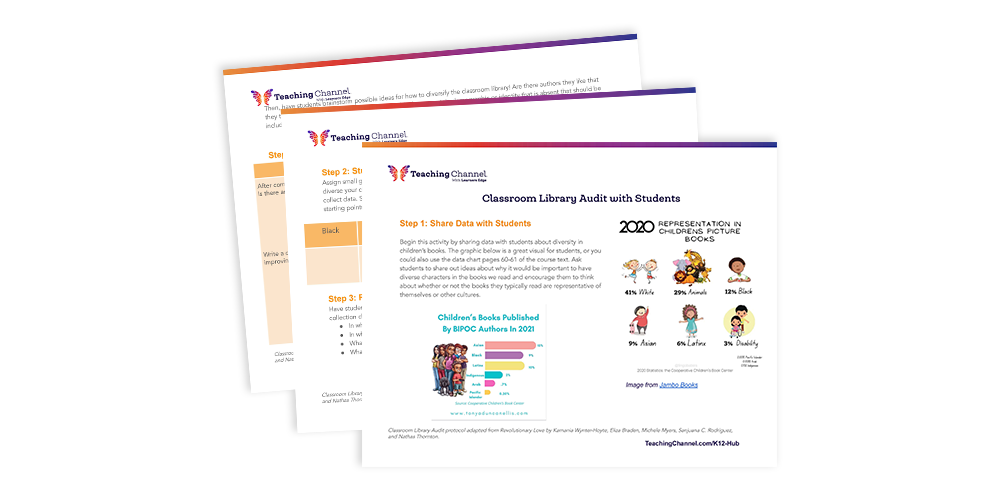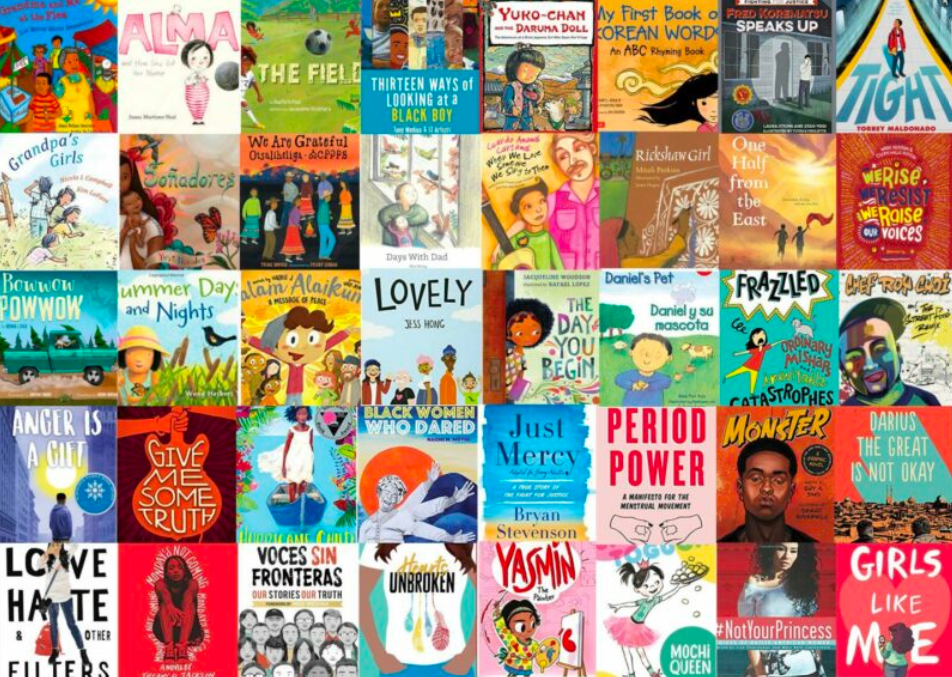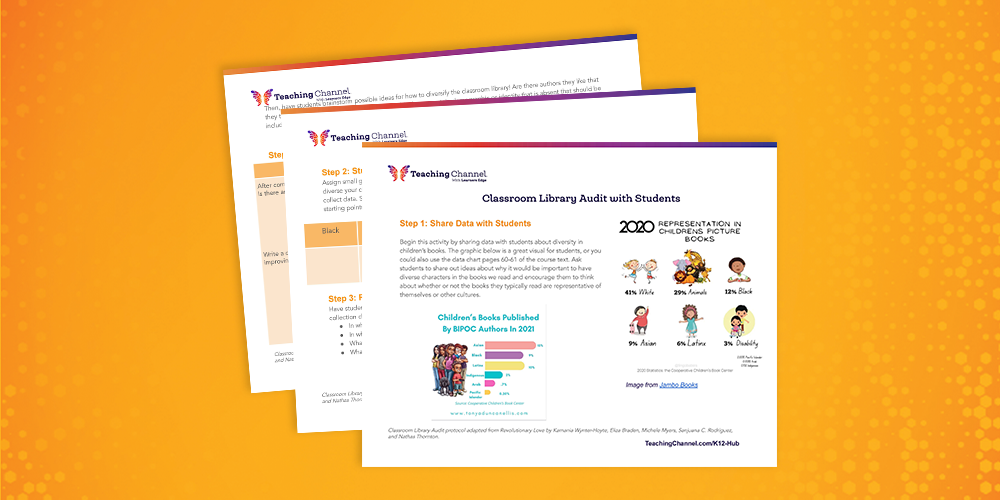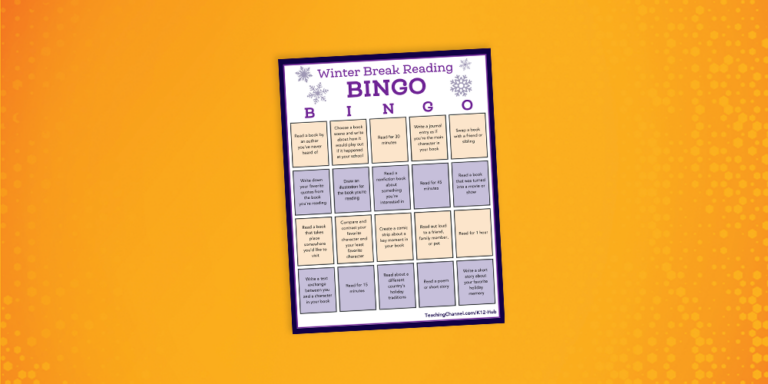“Educators cultivate revolutionary love when they see and honor the humanity, intelligence, ethnic and racial identities, and the linguistic practices of their students, and use them to build curriculum for and with their students.”
— “Revolutionary Love” by KIamania Wynter-Hoyte, Eliza Braden, Michele Myers
This quote from Revolutionary Love, the text for course 5290: Love, Literacy, and Liberation in the Culturally Inclusive Classroom, emphasizes that caring for students is action-packed! In this powerful course, educators reflect upon their own practices and identities, and increase awareness of how systemic racism is present in classroom, school, district, and state norms and policies.
Below, we’ve shared an activity that empowers students to investigate the diversity of their classroom’s library, dig into the data, and make recommendations to make their classroom library more reflective of their identities and experiences. This Curriculum or Classroom Library Audit, is a great opportunity to assess the representation of students’ racial, ethnic, linguistic, and dis/abilities in texts currently offered in your classroom.

Prefer to work digitally, or want to customize this template and make it your own? Here’s an online version of this activity.
Refresh Your Library

We hope you to try this lesson with your class! Once you’ve collected the data, explore the resources below for recommendations to add to your classroom library, or join the love-meets-literacy revolution in course 5290!
- Social Justice Books
- We Need Diverse Books
- The Brown Bookshelf
- The Conscious Kid: (Instagram and Facebook)
- Latinxs in KidLit
- The Power of Story: Diverse Books for All Readers
About the Course
Course 5290: Love, Literacy, and Liberation in the Culturally Inclusive Classroom shows elementary teachers how to move from self-reflection and knowledge-building, to implementation of culturally inclusive literacy practices. From investigating school policies for bias and exploring how to dismantle practices that negatively impact students, to partnering with families through a culturally inclusive reading inventory, educators will be prepared and inspired to enact revolutionary love in their literacy instruction.







